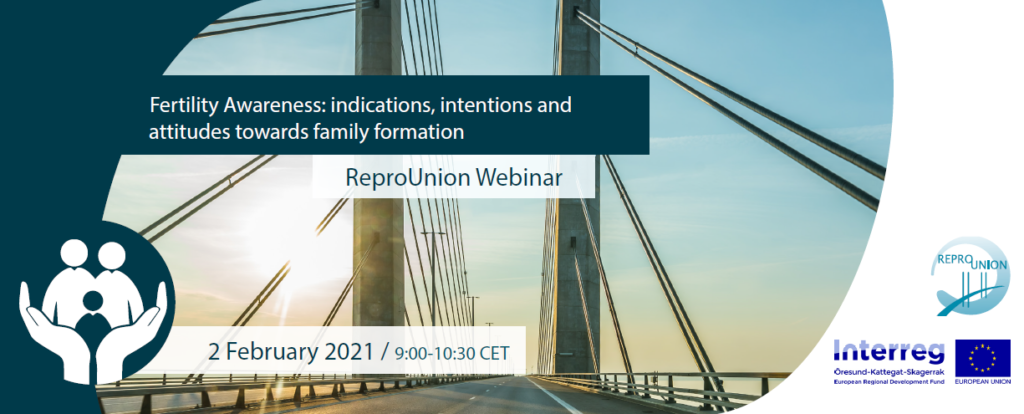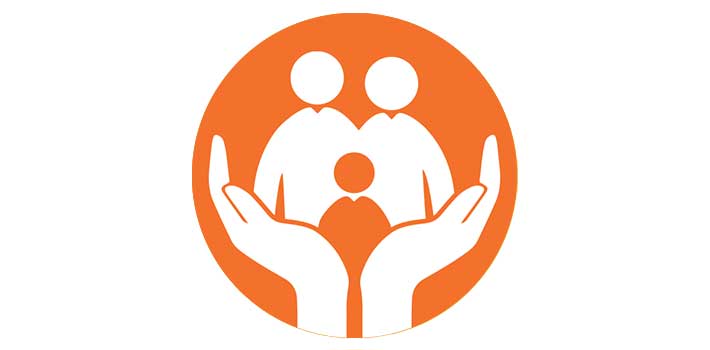The first week of November marked the European Fertility week 2020, calling for European policymakers to ensure equal, fair and safe access to fertility treatments. This year the campaign addresses seven issues. The first is for public authorities to provide better information and education about (in)fertility and according to Søren Ziebe and Anne Buur this also needs to improve in Denmark.
“We have let down the young generation by not educating them on their own biology and we see the result among members in the patient association (LFUB) and the fertility clinics, where thousands of young people have now become patients. We hear that many of them are frustrated about mis- or non-information about their biological limitations,” explains Professor Søren Ziebe, Head of the Fertility Clinic at Rigshospitalet and Anne Buur, Chairman of LFUB in a joint opinion piece in the national newspaper Berlingske Tidende.
Fertility Europe also raise the need to combat the stigma and misinformation around male infertility. ReproUnion’s Fertility Awareness team was on the front-foot to address this during Swedish Father’s Day on the 8th of November. With this opinion piece in Sydsvenskan Margareta Kitlinski encourages fathers to share their feelings of fatherhood with their sons. “We hope this can plant a seed for conscious decisions on family planning, so that it isn’t postponed to an age where it can lead to infertility,” comments Margareta Kitlinksi, chief physician, Reproduktionsmedicinskt Centrum in Malmö and part of ReproUnion’s challenge 5.
Thirdly, Fertility Europe wants scientifically proven fertility treatment to be made available, irrespective of e.g. the patient’s age. Based on a recommendation from the Danish Council of Ethics, the Danish government is currently preparing a new law, which will allow frozen eggs for fertility treatment to be stored until the woman reaches the age of 46. Previously there was a 5-year limit on the storage, irrespective of age.
“This is an important step in the right direction, which will ease the fertility treatment and also contribute to a better balance between women and men in fertility treatment,” comments Søren Ziebe, who also points out how both the Danish Council of Ethics and the Parliament were in full agreement on this regulatory change.


